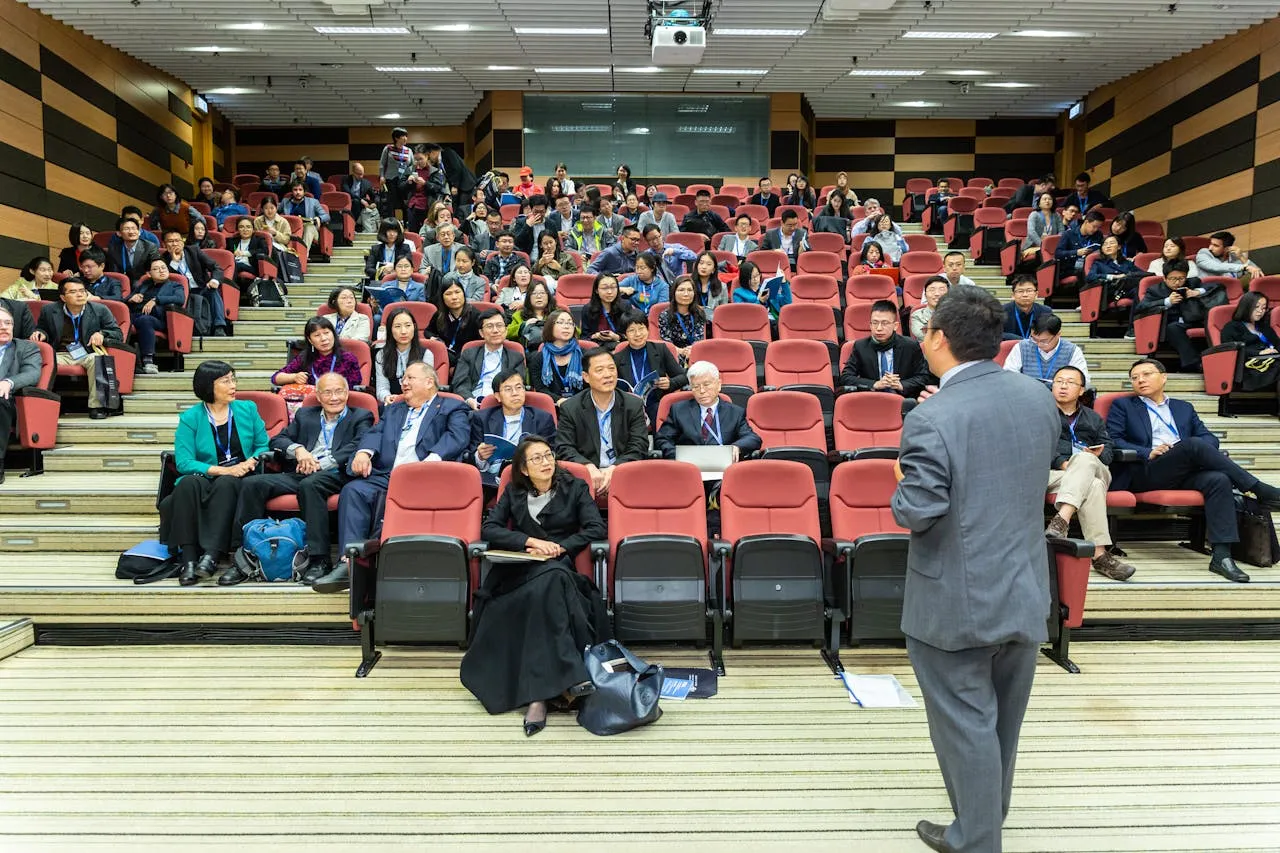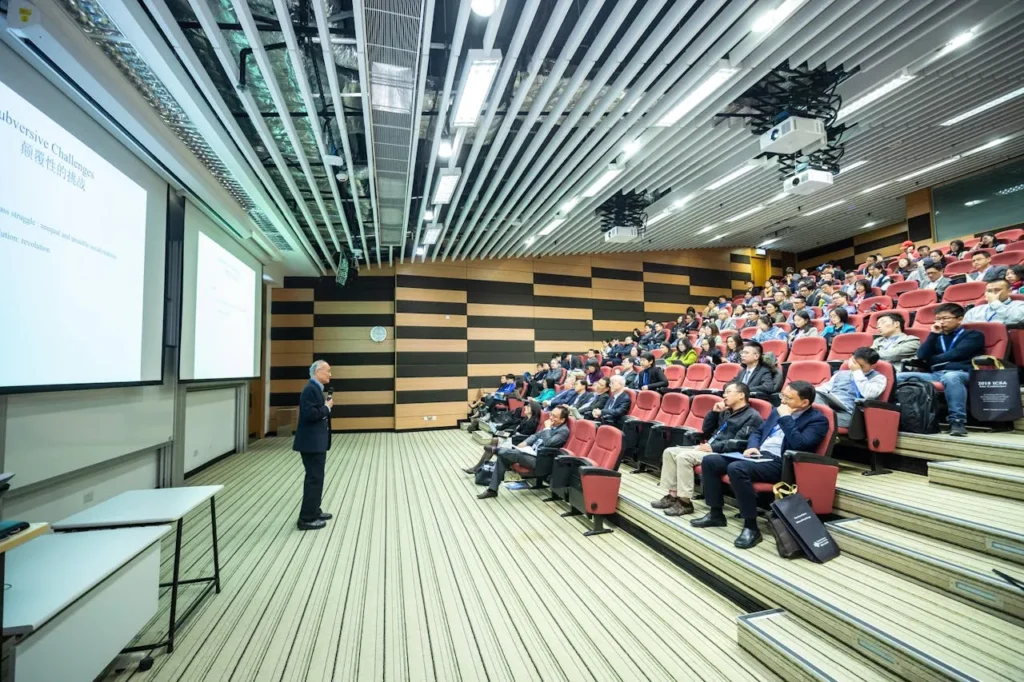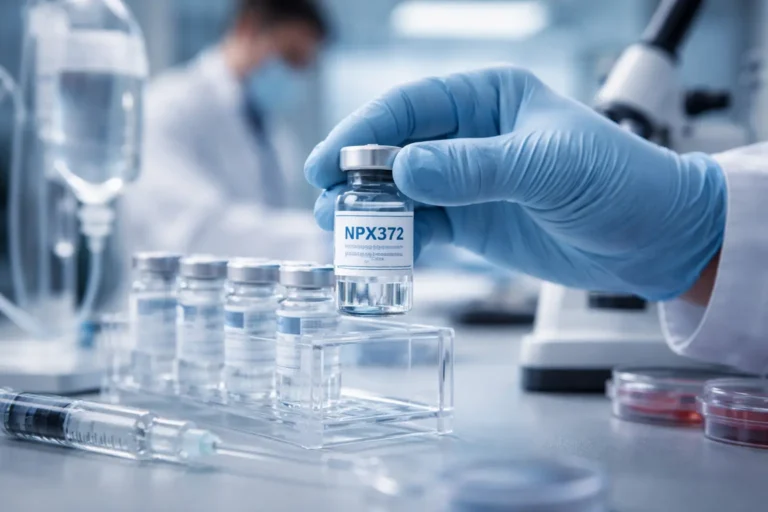
nChroma Bio to Present at ASGCT 2025 Annual Meeting
nChroma Bio, an emerging leader in the field of genetic medicines, today announced the acceptance of three significant scientific abstracts at the 28th Annual Meeting of the American Society of Gene & Cell Therapy (ASGCT), scheduled to be held from May 13 to May 17, 2025, at the Ernest N. Morial Convention Center in New Orleans, Louisiana, and virtually. The company will deliver one oral presentation and two poster presentations, underscoring its innovative work in programmable, non-viral in vivo gene delivery systems designed to overcome long-standing limitations of conventional gene therapy technologies.
The annual ASGCT meeting is widely regarded as one of the most prestigious scientific conferences in the field of gene and cell therapy, drawing researchers, clinicians, biopharma executives, and regulators from around the world. The meeting provides a critical platform for the dissemination of cutting-edge research and technological innovations that are shaping the future of genetic medicine. For nChroma, participation in this global event offers an opportunity to showcase its latest findings and position itself at the forefront of next-generation therapeutic development.
“We’re honored to have our work selected for presentation at ASGCT,” said Dr. Melissa Bonner, Chief Scientific Officer of nChroma Bio. “Our team is committed to developing breakthrough solutions in targeted non-viral delivery systems that can unlock new frontiers for in vivo genetic therapies. The data we’re presenting at this year’s meeting reflect the progress we’ve made in solving key challenges in the field—particularly those around efficient delivery to hematopoietic stem cells and improving base editing performance using engineered virus-like particles.”
Oral Presentation: Breakthrough in Liver-Detargeted Gene Editing of HSPCs
One of the highlights of nChroma’s participation at ASGCT 2025 is its oral presentation titled “Efficient and Liver-Detargeted In Vivo Multiplex Gene Editing of Human Hematopoietic Stem and Progenitor Cells.” This presentation will be delivered by Dr. Pauline Schmit during the “Innovations in in vivo Targeting of HSPCs and Immune Cells” session, which is scheduled for Wednesday, May 14, 2025, from 3:45 p.m. to 5:30 p.m. Central Time in Room 288-290.
This research represents a significant advancement in the field of hematopoietic gene editing—a cornerstone of potential curative treatments for a range of inherited blood disorders, including sickle cell disease, β-thalassemia, and immune deficiencies. Historically, gene editing of hematopoietic stem and progenitor cells (HSPCs) has required ex vivo manipulation followed by reinfusion, a complex and expensive process that limits scalability and accessibility.
nChroma’s approach seeks to eliminate the need for ex vivo steps by developing programmable in vivo delivery systems that can directly target HSPCs within the body while minimizing off-target accumulation, especially in the liver—a known biological sink for many delivery vectors. This liver-detargeted strategy not only improves the precision and safety of gene editing but also enhances the therapeutic index for systemic administration. The oral presentation will include preclinical data showing the efficacy and specificity of multiplex gene editing in human HSPCs delivered in vivo, potentially signaling a paradigm shift in how these life-altering therapies are administered in the future.
Poster Presentations: Advancements in Virus-Like Particles and Base Editing
In addition to the oral presentation, nChroma Bio will also present two posters on Thursday, May 15, 2025, from 5:30 p.m. to 7:00 p.m. Central Time in Poster Hall I2, each focusing on innovations in engineered virus-like particles (VLPs) for improved in vivo gene delivery and editing.
The first poster, titled “Engineered Virus-like Particles with Minimal Components for Improved Base Editing Efficiency in vivo,” will be presented by Dr. Karol Budzik. This work explores how VLPs—synthetic nanoparticle systems that mimic the architecture of viruses but lack infectious components—can be streamlined by minimizing their components while retaining high-efficiency delivery of base editing machinery. Base editing, a next-generation gene editing approach that enables precise single-nucleotide modifications without introducing double-strand DNA breaks, has been limited by challenges in delivery efficiency and payload capacity. nChroma’s data demonstrate that optimized VLP constructs can enhance base editing outcomes in vivo, opening new opportunities for addressing genetic diseases caused by point mutations.

The second poster, “E4/K4 Coiled-coils Improve Cargo Loading in Engineered Virus-Like Particles,” will be presented by Dr. Dylan Dautel. This presentation delves into molecular engineering techniques that improve the intracellular loading and stability of cargo—such as gene editing enzymes or mRNA—within VLPs. Specifically, the use of E4/K4 coiled-coil interactions, which are designed peptide motifs that facilitate high-affinity binding and structural organization, allows for more efficient and scalable VLP production with enhanced therapeutic payload retention. This innovation holds promise for increasing the reliability and potency of non-viral delivery systems across a wide variety of genetic targets.
Following the conclusion of the poster session, both posters will be made available on the “News & Resources” section of the nChroma Bio The company has also confirmed that the oral presentation will be posted on the site following its live delivery at the conference.
A Distinctive Approach to Genetic Medicine: Disease-First and Delivery-Driven
At the core of nChroma’s innovation strategy lies a deliberate focus on what it describes as a “disease-first” approach. Rather than starting with a delivery platform and seeking therapeutic applications, nChroma begins with unmet clinical needs and tailors both the cargo—such as epigenetic editors, base editors, or CRISPR enzymes—and the in vivo delivery system to fit the biological and therapeutic context. This model allows for customized solutions that are potentially more effective and safer than one-size-fits-all platforms.
nChroma’s proprietary technology platform integrates multiple scientific disciplines, including synthetic biology, protein engineering, and targeted delivery, to create therapeutic modalities that combine the benefits of high-precision gene editing with scalable, non-viral administration routes. The company is developing a suite of delivery vehicles—ranging from VLPs to programmable nanoparticles—that can be matched to the desired tissue or cell type, with tunable pharmacokinetics and biodistribution profiles.
Lead Program: A Functional Cure for Chronic Hepatitis B
Among nChroma’s pipeline candidates, its lead program is an epigenetic editor being developed as a potential functional cure for chronic hepatitis B virus (HBV) infection. Unlike traditional antiviral therapies that suppress viral replication but require lifelong treatment, nChroma’s approach aims to silence or modify viral cccDNA (covalently closed circular DNA), which is the persistent reservoir responsible for viral rebound upon treatment cessation.
By targeting epigenetic regulation pathways and delivering editing components directly to hepatocytes through its optimized in vivo systems, nChroma is pursuing a strategy that could deliver long-term remission or permanent viral suppression with a limited course of treatment. This represents a transformational leap in the field of HBV therapy and reflects the broader ambition of the company to develop functional cures for chronic genetic and infectious diseases.
As nChroma Bio continues to build its pipeline and validate its proprietary platform across multiple therapeutic areas, its participation at ASGCT 2025 marks an important milestone. The company’s work highlights the growing momentum behind non-viral delivery systems and the potential of programmable in vivo therapies to make gene editing safer, more efficient, and more broadly accessible.
The three presentations at the upcoming ASGCT conference underscore nChroma’s rapid progress and scientific leadership in the genetic medicines space. As the gene and cell therapy industry pushes toward broader clinical translation, platforms like nChroma’s may prove critical to unlocking the full therapeutic potential of in vivo genome engineering.





